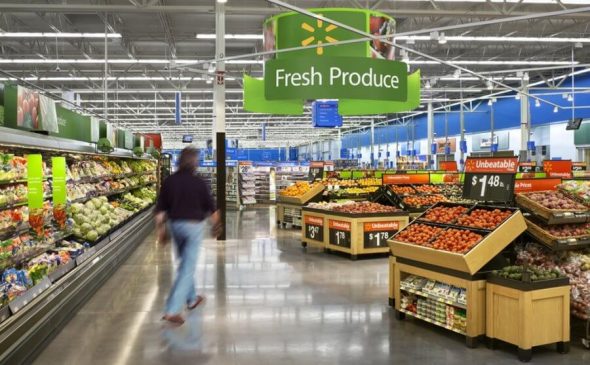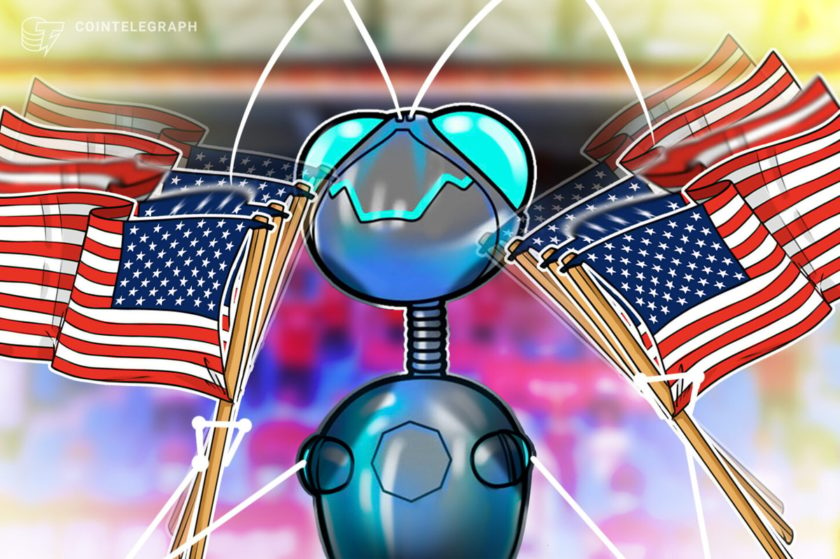Walmart has written to suppliers of leafy greens to use blockchain technology to implement real-time, end-to-end product traceability.
Reducing cost and time to trace food outbreaks
Walmart is launching this initiative following multiple high profile recalls and outbreaks associated with these types of products. Using existing one-step up and one-step-back traceability processes can make tracking a product back to a specific farm difficult and costly. Over the last 18 months, Walmart has worked with IBM and 11 other food companies to develop a blockchain-based food traceability network. An initial pilot for mangoes saw the amount of time taken to trace an item form store to farm from seven days to 2.2 seconds.
Aiming to have end-to-end traceability in place in 12 months
Walmart’s direct suppliers are required to conform one-step back traceability on the blockchain network by January 31, 2019. They are expected to work with their vertical systems or with suppliers to enable end-to-end traceability back to farm by September 30, 2019. Suppliers will be able to access a low-cost blockchain-enabled traceability solution which was developed following the pilot program with IBM.
Expect to see blockchain used widely for food safety and traceability
The goals of the initiative are to reduce the number of people falling ill during food incidents, through faster tracing of the source, and reducing losses for retailers and suppliers. Through accurately understanding the source of any outbreak, Walmart will be able to limit the number of products which are removed from sale. This is one of the primary areas where we expect to see blockchain technology being applied.
Earlier this year, Carrefour launched an initiative to guarantee consumers complete product traceability for eight products following a successful pilot with chicken, while Starbucks is using blockchain technology to share real-time data about its coffee and the farm-to-cup journey in Costa Rica, Colombia and Rwanda.
If You Liked This Article Click To Share




